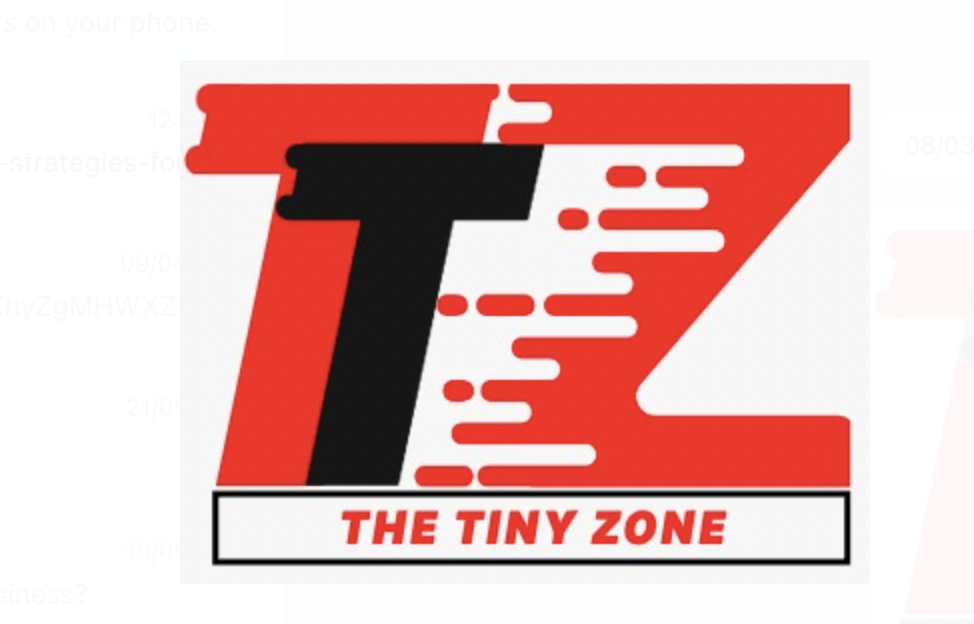Call management, as the name implies, is the way businesses handle incoming calls. It is one of the most crucial components of the business as it is directly proportional to customer experience. Thus, it is vital to get it right, and every call is managed skeptically to ensure no caller turns off the call with a bad experience.
Rationally speaking, it is impossible to contend with each calling customer, no matter how many agents you have to pick up the incoming calls. And that is where technology comes into the picture. There is software that ensures every call is routed quickly and easily to the right person to handle the caller.
The call management system is a system of tools that tracks calls, obtains required information from the callers, and routes them to the correct agent. These systems ensure customers get the best response time, and that too on time. More than that, this system allows you to gather insightful information about the caller as well as how the call is managed. As a result, you can meticulously handle high volumes of incoming calls.
Now that you understand what a call management system is, we should proceed to how it works and how significant it is for businesses of all sizes and scales.
How Does Call Management System Work?
When calls are received, they are routed to the specific agents based on the call’s attributes that are pre-programmed by the admin. For example, the admin may set certain parameters to direct a call to a number when the caller inquires about a billing process and another number if he wants to place an order, etc.
All incoming calls are dispersed to the right agent according to specific metrics, which commonly include the caller’s intent, waiting time, interaction history, call time, date, and location.
Any number that is used to call gets logged into the call management systems, where it is analyzed to find the key information related to it. The tracking systems record every caller’s number, name, and location for demographic segmentation. As a result, if a caller calls a second time, the business will have all the insights into the last engagement, making it easy to not only route the caller properly but assist him more efficiently.
In cases when all customer agents are engaged, the calls are held in a queue. But the call management system allows them to get routed to IVR- interactive voice response or self-service portal for quick assistance. Moreover, if someone calls beyond customer service time, a call center can help you take care of queries, allowing you to provide round-the-clock customer service.
There are many call management tools in the market you can choose from; each tool offers unique benefits. Some of the best tools include OpenPhone, Google Voice, Nextiva, RingCentral, etc. However, to use any of these tools, you would need a reliable internet connection. Ideally, you should only have a top-tier internet, such as HughesNet which takes care of your wide-ranging needs impeccably. Moreover, if you speak Spanish, you may contact HughesNet español to learn more about its exclusive attributes.
Benefits of Having a Call Management System
There are many advantages of having a call management system, and some of the most vital benefits are as below:
1. Better Customer Service
Needless to say, customers approach businesses when they have queries, and if they get quick and correct assistance, they are satisfied. Customer satisfaction is linked to conversion- the prospected customers may convert to customers, and the existing customers may become loyal customers.
On the flip side, if you may callers hold on to the call for so long, they are easily put off, leading to customer service problems. But as said earlier, managing many incoming calls is beyond human capacity. You can use a call management system that knows how to make it a seamless process for you. It uses data and insights to direct callers to the correct destinations to get quick and accurate help.
2. Boost Productivity
A good call management system can boost your productivity by streamlining your workflow and pan to upsell and cross-sell over the phone. You can direct callers to sales-savvy agents who are well-versed in engaging callers and prompting them to make a transaction.
3. Saves you Time and Money
Without using a call management system, agents may spend lots of time talking to a customer, understanding his needs, and directing him to a relevant agent. Transferring calls back and forth can not only ruin customers’ experience but will waste your time as well. However, using these tools can help you efficiently route phone calls to the right agent the first time, saving you time and money.
Conclusion
Call management systems are highly beneficial for businesses as they significantly improve customer experience and minimize call abandonment. All businesses, no matter how big or small, should invest in suitable tools that allow them to be in the game in this digitally driven world.


